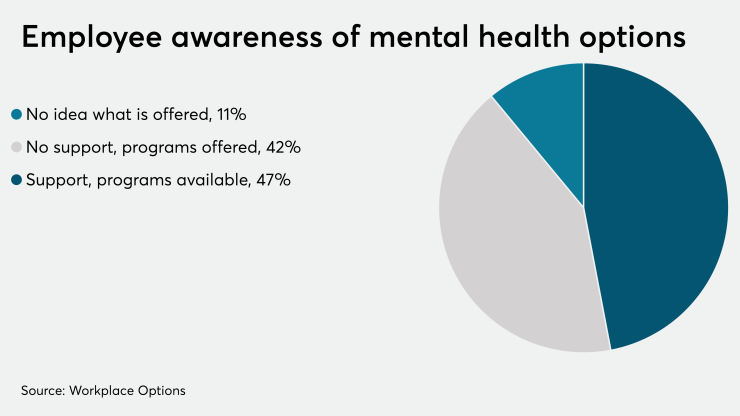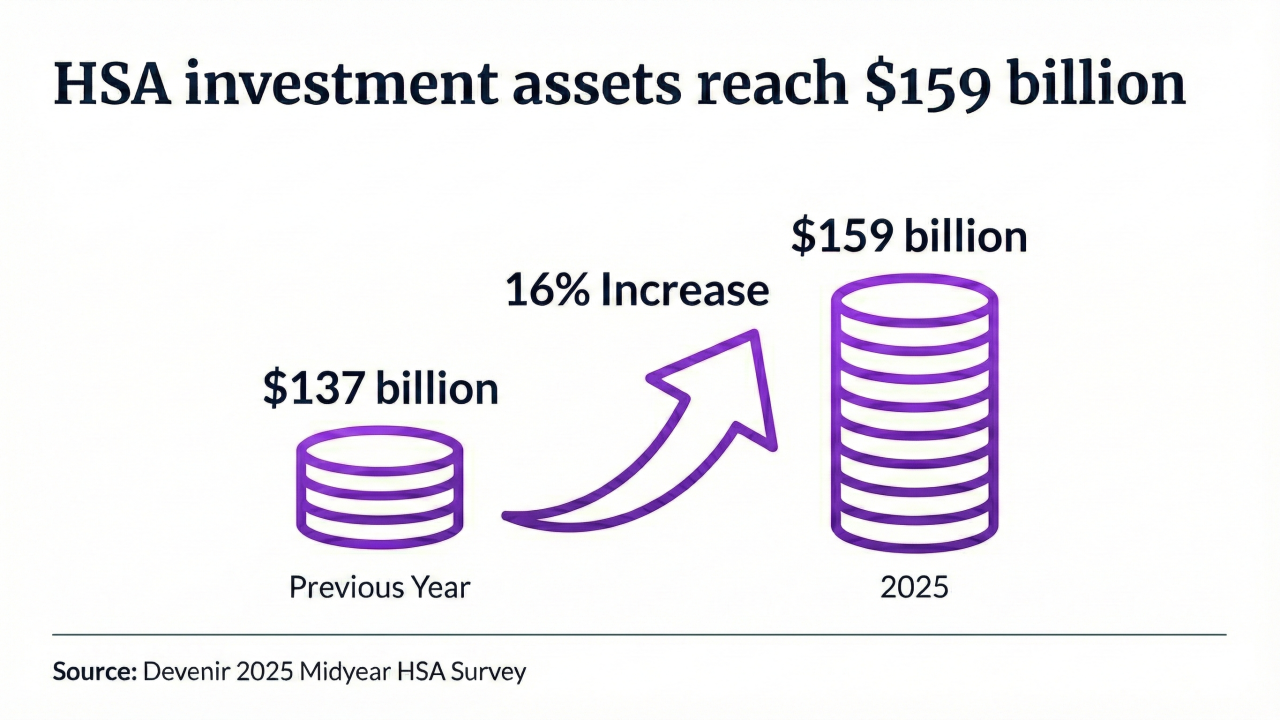Accessing affordable healthcare is more difficult than ever before for employees who need mental health and substance abuse treatment. That’s according to
The report, commissioned by The Bowman Family Foundation, pulled insurance claims data from all 50 states and 37 million employees and dependents. It found employees are forced to use out-of-network medical care for mental health and substance abuse treatment at much higher rates than primary care and surgical treatment.
“The study’s findings are beyond disappointing and disturbing, especially with suicide rates and deaths related to substance use having reached alarming levels,” says Dr. Henry Harbin, a psychiatrist, adviser to the Bowman Family Foundation and former CEO of Magellan Health Services. “We were expecting to see significant improvements. Instead, we are going backwards.”
This means there are fewer providers available in-network to treat mental health and substance abuse issues, despite a growing crisis in the United States. According to the
The report found substance abuse treatment was 1,000% more likely to be offered as an out-of-network benefit than primary or surgical care. Children’s behavioral health office visits were 1000% more likely to be out-of-network than a primary care office visit.
“This analysis confirms that the U.S. mental health system is only getting worse, not better,” says Michael Thompson, president and CEO of the National Alliance of Healthcare Purchaser Coalitions. “It will not fix itself and we need a course correction that requires the active collaboration of employers, regional coalitions, behavioral health and advocacy experts, health plans and providers.”
Harbin says mental health and substance abuse treatment providers are often discouraged from joining in-network health plans because insurance companies pay 20-50% less in reimbursements to mental health and substance abuse professionals than for primary care treatment. Providers have also complained about more paperwork and administrative oversight by insurance companies as a deterrent to joining in-network plans.
“Providers tell us they won't join [in-network] if they're going to be paid less, and they’re being micromanaged with medical management protocol,” Harbin says.
But the number of employees receiving treatment is shockingly low: just 10% of those with substance abuse addiction will receive treatment, and more than half of people with mental health issues did not seek care at all.
“A lot of employers have done a great job in educating their employees that it's okay to seek care and more people are talking about it in the workplace,” Harbin says. “But what's of concern is improvement of stigma has not lead to improved access to affordable treatment.”
Employer spending on mental health treatment comprises just 2.2-2.4% of total healthcare spending, according to the report. Substance abuse treatment makes up 0.7-1.0% of healthcare spending. But companies are responding by expanding their mental health offerings. In February, Quest Diagnostics started
Employers should be bringing mental health and substance abuse professionals in-network as quickly as possible, Harbin says.
“The employers have control over changing several of these variables,” he says. “Look at where you're short access and make it a priority to fast track providers that are willing to be in-network and make them in-network right away.”
In-network providers are making strides to include behavioral health and substance abuse treatment into their programs, he adds. Some employees receive their mental healthcare from a primary care doctor. If employees have access to mental health and substance abuse treatment with their in-network primary care doctor, Harbin believes there will be massive improvements to the quality of care.
“Even if 100% of mental health and substance abuse professionals joined in-network, they could still not treat everyone that needs to be seen, [but] we want to make sure that when someone needs a treatment program, they have access to in-network affordable therapists,” Harbin says. “You can't move the needle with individual employers or health plans. You need a lot of them. I'm optimistic over the longer haul.”






